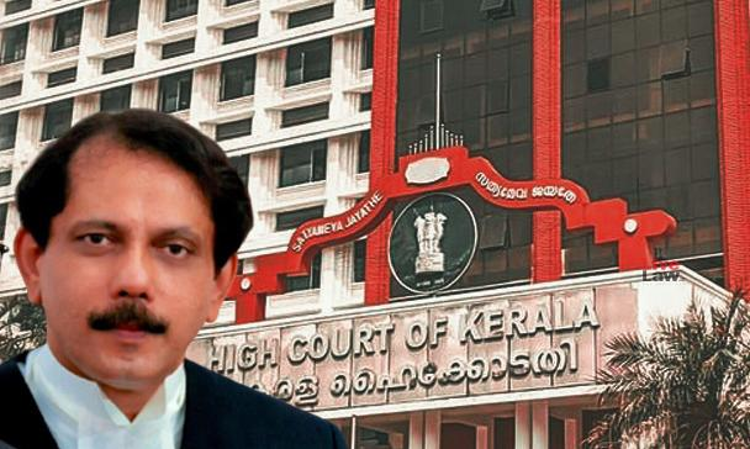The Kerala High Court on Tuesday held that a sole arbitrator can only be appointed either by a High Court or by an express agreement in writing between the parties in dispute, in the post-2015 amendment era of the Arbitration and Conciliation Act. Justice C.S. Dias also ruled that a sole arbitrator appointment through any other mode will be de jure ineligible to act as an arbitrator and that...

